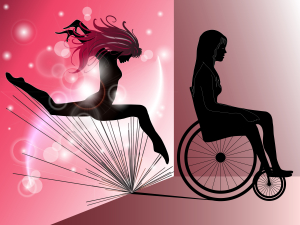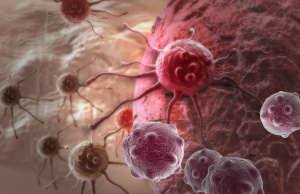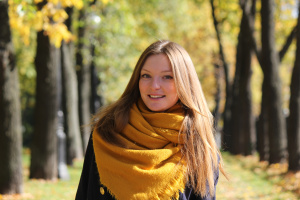[Note from SaneVax: What is the justification for using HPV vaccines? What is the benefit/risk profile? What place do HPV vaccines have in the cervical cancer prevention strategy, and at what cost? Is Gardasil a cervical cancer vaccine or a cancer of policies? Where are medical ethics in cervical cancer prevention plans? More than 200 European doctors signed a letter to parliament asking for a moratorium on the use of HPV vaccines until these questions are resolved.
On April 9,2015, Michelé Rivasi, European Ecology MEP, delivered a presentation to the European Parliament on behalf of more than 200 European physicians demanding answers to these questions. Ms. Rivasi calls for a parliamentary mission to provide those answers.
Read the translation of her presentation below, kindly provided by Helen Kimball-Brooke.]
Presentation by Michele Rivasi, European Ecology MEP

It is an honour for me to receive Dr. Philippe de Chazournes today in the Parisian offices of the European Parliament. Dr. de Chazournes has fought long and hard as spokesperson for doctors in the current scandal linked to the Gardasil vaccine, the famous Sanofi-Pasteur MSD vaccine against certain strains of the human papillomavirus which can cause cancer. A large number of doctors have signed his open letter to Marisol Touraine, Minister of Social Affairs, expressing their fears around the idea of doubling the vaccination rate of young girls with a vaccine whose effectiveness is scientifically controversial. Some of them are here today and I thank them for this. They are demanding a parlementary mission to clarify this question. Last April, I personally asked for a moratorium, i.e. that we stop mass vaccination with this vaccine until in-depth research can be performed on its benefits, risks and effectiveness.
Vaccine safety is being increasingly questioned as a general rule. Between 2005 and 2010, the proportion of French people in favour or very in favour of vaccination dropped from 90% to 60% (2013 INPES Peretti-Waterl health barometer). The percentage of French between the ages of 18 and 75 who are anti-vaccination increased from 8.5% in 2005 to 38.2% in 2010. In 2005, 58% of doctors apparently questioned the usefulness of vaccines administered to children while 31% of doctors were expressing doubts about vaccine safety. These figures must surely have increased since then.
Alongside this dramatic slump in confidence, research carried out worldwide – here in France by R. – K. Gherardi and F.-J. Authier, in Canada by C. Shaw and L. Tomljenovic, in North America by S. Seneff and S.-H. Lee, in Israel by Y. Shoenfeld and in the UK by C. Exley and others – blames the dangerous toxicity of the aluminium salts used as adjuvants in vaccines.
The injection of these aluminium salts could be the cause of the considerable and unexplained increase in the number of pathologies because they migrate through the body until they reach and accumulate in the brain. In certain predisposed individuals, very serious adverse effects have been observed following vaccination: death, convulsions, fainting, autistic disorders, Guillain-Barre syndrome, transverse myelitis, facial paralysis, chronic fatigue syndrome, autoimmune diseases, pulmonary embolisms, macrophagic myofasciitis, pancreatitis and others.
Having seen the work of E3M, an organisation formed by macrophagic Myofasciitis victims, I felt the need to bring this subject up within the European Parliament. Macrophagic myofasciitis is a little known but extremely disabling disease caused by the aluminium salts in vaccines.
Without being totally against the actual principle of vaccination, I feel that it is essential for our vaccine policy to be specified with the greatest of transparency and that the voices of vaccine victims be heard so that appropriate responses may be given: urgent and heavy research financing and provision of a basic vaccine which is aluminium-free in particular.
I therefore invited scientists and specialists in this area to come speak to us about their work on Gardasil during a press conference at the Parisian offices of the European Parliament, last April.
Over the last seven years, nearly two million young women between the ages of 13 and 26 have received at least one dose of this vaccine, 65% of which is reimbursed by the French Social Security… while its effectiveness has still not been proven. Since then, an increasing number of young girls claim that it has made them ill and the matter is taking on a European dimension.






